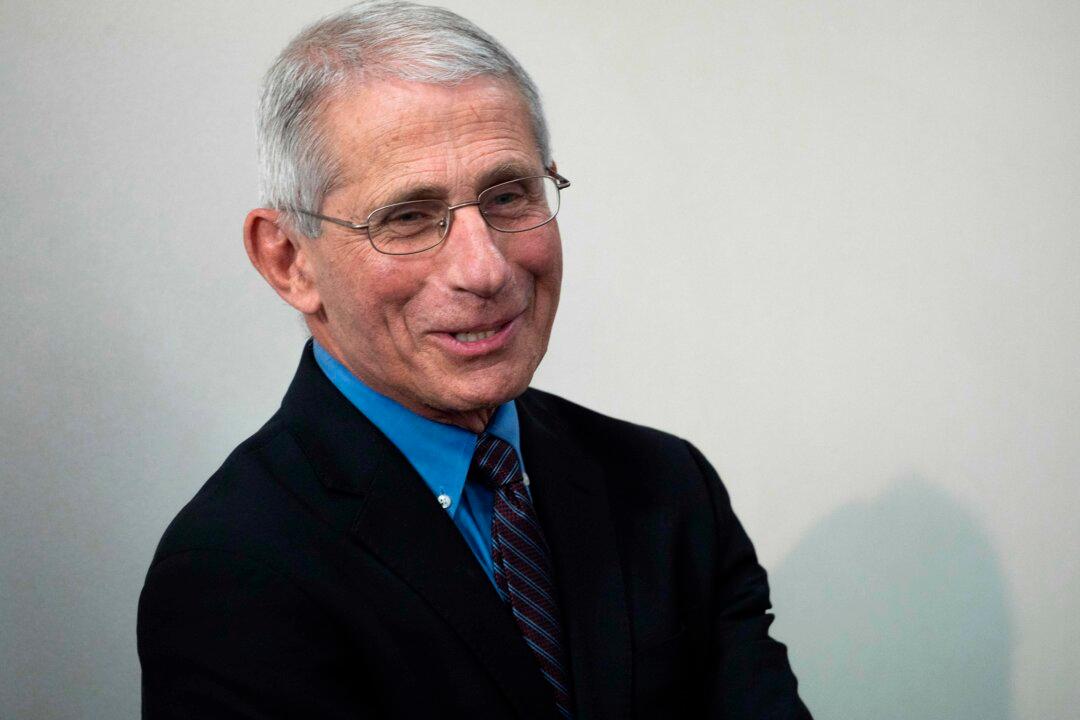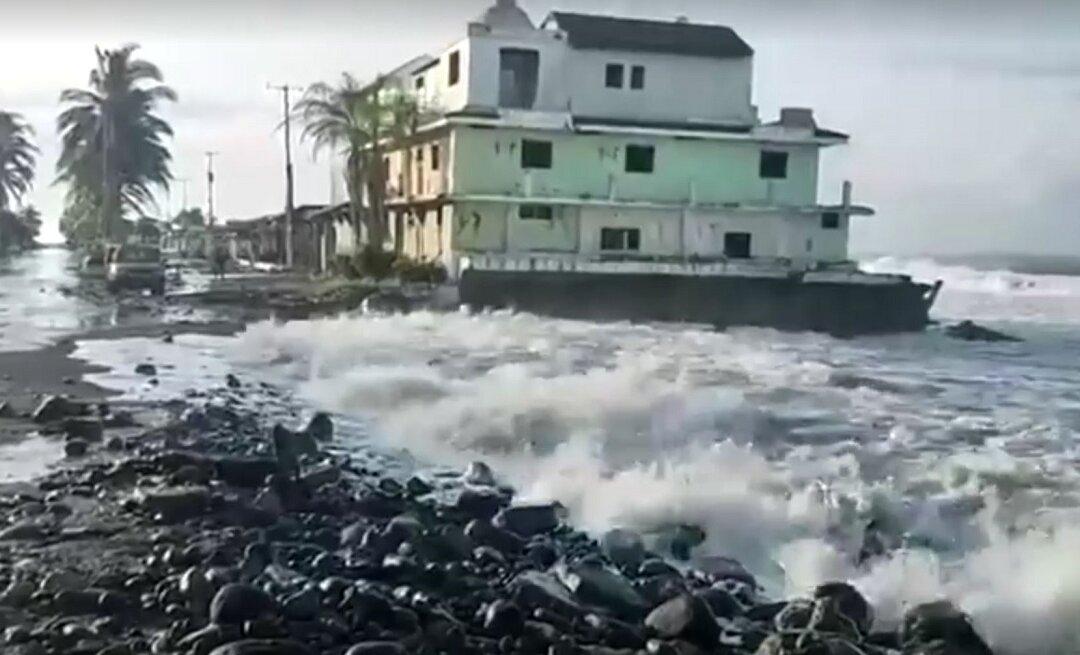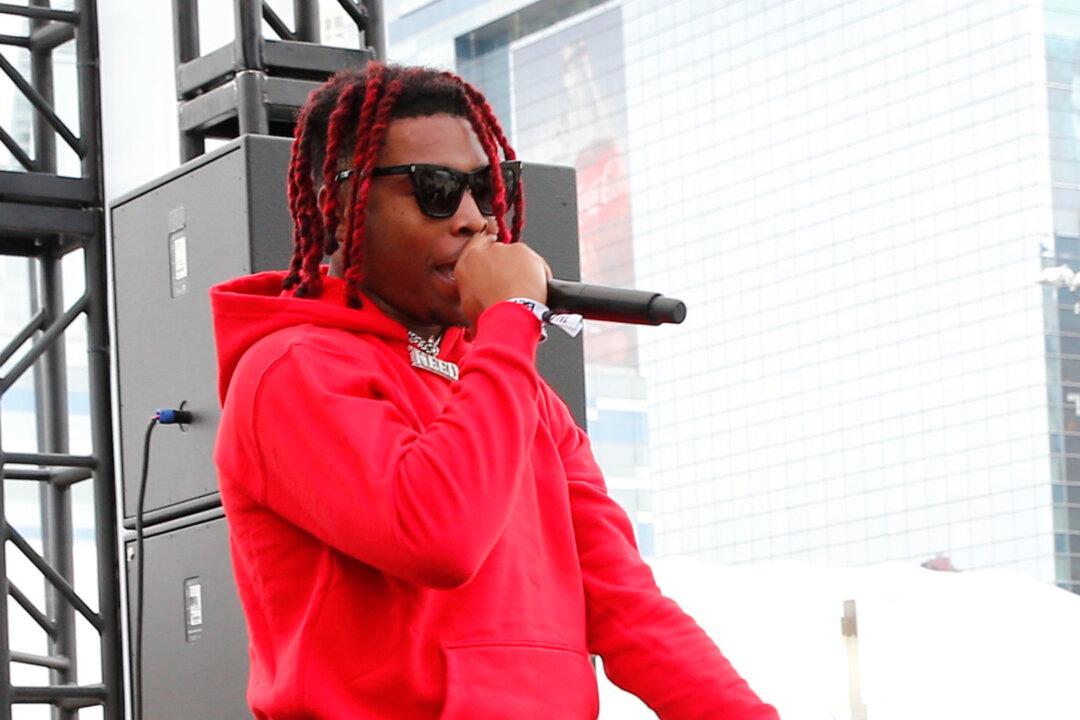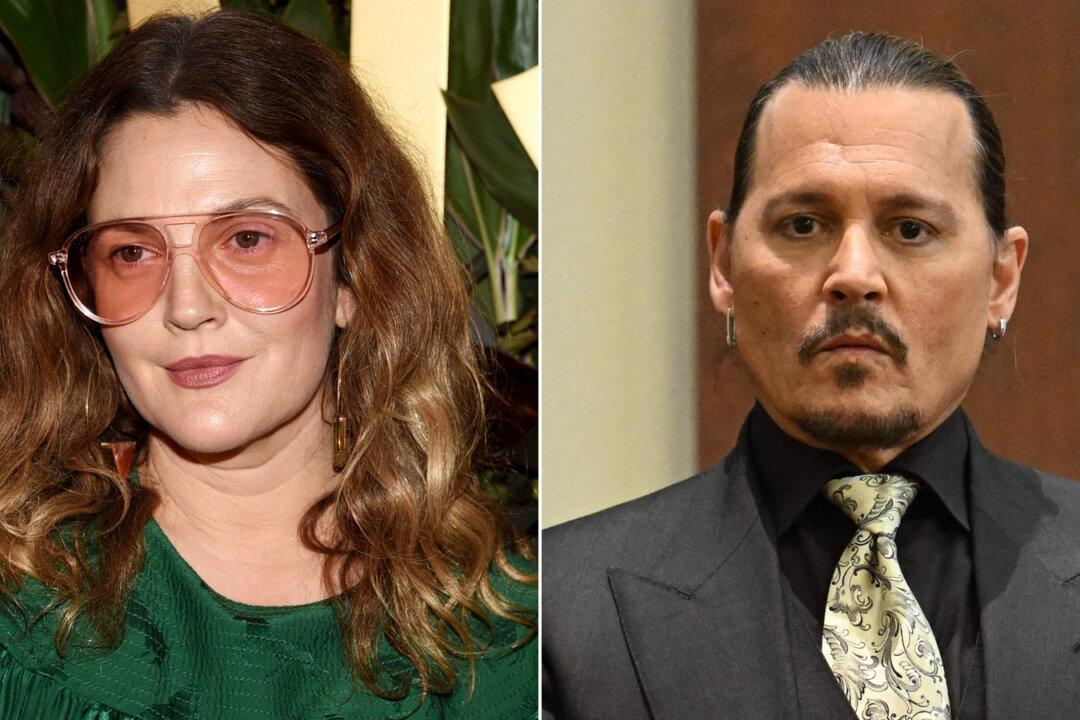The United States should have 100 million doses of one candidate CCP virus vaccine by the end of the year, Dr. Anthony Fauci, the director of the National Institute of Allergy and Infectious Diseases and a member of the White House CCP virus Task Force, said on June 2.
“Then, by the beginning of 2021, we hope to have a couple hundred million doses,” Fauci said during a live Q&A with the Journal of the American Medical Association.




